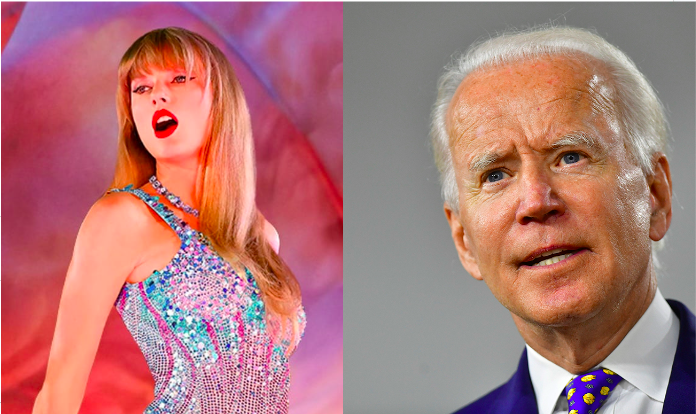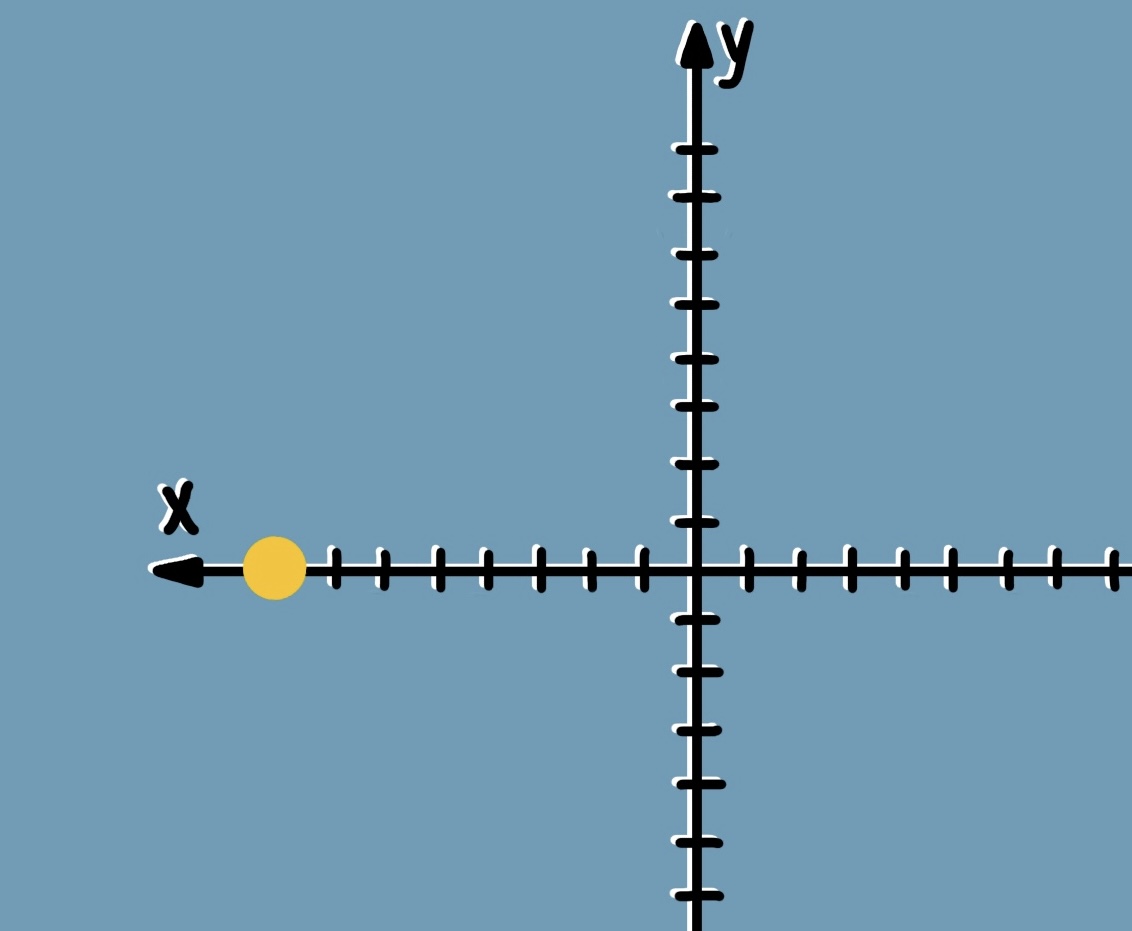A new chapter in the history of Syria has begun. Will this new chapter be another chapter in the Syrian Civil War? Will it be another chapter of oppression and dictatorship? Or will this new chapter be the start of a peaceful and democratic future that will continue in Syria for many years?
Background
The Syrian Civil War began after widespread pro-democracy protests in 2011. The authoritarian president of Syria – Bashar al Assad – violently cracked down on protests, escalating matters into a full-out civil war by 2012.
Years of fighting passed and Assad remained in power thanks to Russian and Iranian support. In 2020, Russia and Turkey negotiated a ceasefire agreement and the violence in Syria began to die down. After years of skirmishes and limited conflict, the war was rekindled in late November of 2024.
Various rebel groups, led by Hayat Tehrir Al-Sham (HTS), launched a new, carefully timed, offensive against Assad’s regime. The rebel coalition attacked while Assad’s chief supporters were weakened or fighting elsewhere. Russia was – and still is – engaged in a difficult and bloody war in Ukraine. Meanwhile, the offensive started one day after Hezbollah agreed to a ceasefire with Israel. Hezbollah had been barraged and weakened. After 11 days of fighting, the rebels managed to conquer the cities of Aleppo, Hama, Daraa, and finally the capital of Syria: Damascus. Bashar al Assad fled to Moscow and 50 years of rule by the Assad family was over.
HTS
Hayat Tehrir Al-Sham (HTS) led the offensive that toppled the Assad regime. HTS was founded by a man named Ahmed al-Sharaa, who is also known by his nom de guerre: Abu Mohammed al-Jolani. Before he founded HTS, Sharaa was the leader of Jabhat Al-Nusra, an al Qaeda affiliate. In 2016, Sharaa cut off ties with al Qaeda. In 2017, Sharaa founded HTS by merging multiple rebel groups in order to fight against Bashar al Assad.
When he was younger, Sharaa fought for al Qaeda against the United States in Iraq. In 2018, the US placed a 10 million dollar bounty for Sharaa’s capture. After HTS overthrew the Assad regime, the US axed the bounty. Before HTS overthrew Assad, it ruled the Syrian province of Idlib for five years.
Idlib
Idlib lies in the northwest of Syria. Before HTS overthrew Assad, it ruled Idlib for five years. How HTS governed Idlib could be similar to how they intend to govern all of Syria. As such, it is important to examine HTS’s track record in that region.
In Idlib, HTS built a society where the streets were clean and where lamp-posts and traffic lights actually functioned. More importantly, HTS opposed ISIS (Islamic State in Iraq and Syria) and al Qaeda factions that attempted to operate in Idlib. In fact, according to statistics from February, 2023, HTS announced that it had arrested a total of 279 ISIS fighters over the course of 59 law enforcement operations.
In Syria, Christians are a sizable religious minority. When governing Idlib, HTS met with Christian representatives. HTS returned land and houses that had been taken away from Christians by Syrian refugees to their rightful owners. HTS’s tolerance for religious minorities in Idlib helps assuage concerns about mistreatment of ethnic and religious minorities in Syria, which is a highly diverse country.
However, HTS ruled like authoritarians in Idlib. In Idlib, HTS established a system called the Syrian Salvation Government (SSG). The pro-Israel thinktank, the Washington Institute, wrote the following in a report from May 2022: “Although the SSG holds elections for its technocratic ministries and the Shura Council, the list of eligible candidates is pre-selected, and only certain people are allowed to vote. No women are allowed to vote or hold any senior-level positions in the SSG.” Clearly, the Syrian Salvation Government is an undemocratic system.
HTS refused to tolerate freedom of speech in Idlib. Dissidents there were at risk of torture, death and imprisonment merely for opposing the HTS led regime.
Additionally, HTS has also been accused of running a drug trafficking operation while in Idlib, by purportedly distributing Captagon across the Middle East. However, these accusations have seemed less credible of late given that a journalist from NPR has seen HTS fighters burn barrels upon barrels of Captagon that were produced while the Assad family was in power.
Hope
With the fall of the tyrannical Assad regime, there is hope in Syria. Many wonder if HTS will create a democracy that respects the rights of women and minorities. Many believe that Syrian refugees abroad will be able to return home (many already have). Above all, Syrians hope for peace after over a decade of civil war.
The United States has made their position clear: The US will gradually remove sanctions against Syria as Syria moves towards a democratic system of governance that respects the rights of women and ethnic and religious minorities. According to the State Department, sanctions were put in place near the start of the Syrian Civil War “to deprive the [Assad] regime of the resources it needs to continue violence against civilians and to pressure the Syrian regime to allow for a democratic transition”. In 2011, the US utilized sanctions to punish those “responsible for the commission of human rights abuses, including those related to repression.”
The US has not removed sanctions that were placed against the Assad regime, even though they affect all of Syria and the new HTS leadership. This is because sanctions are typically not lifted until their goals have been achieved. A democratic transition is far from assured and HTS has not yet formed robust institutions to protect human rights. Because the future of Syria is very much up in the air, the US – and many other Western nations – have largely kept sanctions in place and will only begin to remove them if HTS shows a clear commitment to democracy and human rights.
Analysts continue to debate whether or not the US and other countries are being cruel and pernicious by refusing to relieve sanctions and boost the Syrian economy. However, experts on either side understand that sanction relief is pivotal to growing the Syrian economy and lifting the Syrian population out of poverty. Some believe that the allure of sanction relief will nudge HTS towards acquiescing to Western demands in establishing a democracy that protects women and minorities.
Perhaps the most important concern for all Syrian civilians is not democracy nor the rights of minorities. The most pressing concern for the majority of Syrians is likely war. This is the case because no one’s human rights are respected in war, regardless of whether or not they are male or female or a religious or ethnic majority or minority.
Syria is also not all entirely controlled by HTS. There are regions of Syria that are controlled by a Turkish proxy force known as the Syrian National Army, or SNA. Additionally, there is a large autonomous Kurdish controlled region within Syria. Although, the Kurds have nominally committed to merging with the HTS government.
Syria is fractured and has had years of bloody conflict. However, optimists believe that Syria will finally have peace. The Syrian Civil War was fought against the Assad regime. Now that Bashar al-Assad has been deposed, HTS, the SNA and the Kurds have all accomplished their main objective. Some might argue that there is little reason for the fighting to continue and HTS especially has little inclination to prolong any sort of violent conflict.
Many analysts hope that Syria will have a peaceful, democratic and free future.
Despair
With the rise of Hayat Tehrir al-Sham, many analysts and Syrians worry that after 13 years of civil war, the Assad dictatorship has simply been replaced by another tyrannical regime – one that could be even more repressive.
In particular, many Syrians fear HTS will target minorities. While HTS has espoused religious tolerance since taking over, it was founded and is still led by Ahmed al-Sharaa, a former member of al-Qaeda in Iraq, which later became ISIS. ISIS has brutally mistreated the ethnic and religious minorities who make up a third of Syria’s population, such as Arab Christians, Kurds, and Yazidis. Given this history, any association with ISIS leads to distrust.
Additionally, pessimists believe that HTS will not establish a democratic system of governance in Syria. In Idlib, HTS established an authoritarian regime that consistently violated freedom of speech and expression, even torturing dissidents. While HTS has promised democracy, it is logical to be skeptical of that promise.
The ultimate question is whether or not there will be lasting peace in Syria. Syria is a fragmented and divided country. As mentioned earlier, there are regions within Syria that are controlled by HTS but also regions that are controlled by the Kurds and the SNA. The Kurds and SNA have historically been at odds and it is unclear whether or not these groups will peacefully coexist. Additionally, Israel borders Syria and some worry about potential fighting between those two countries.
Given the fractionalized and divided nature of Syria and the history of conflict in the country, the violence there may not abate for long.
Recent Developments
The Assad regime may have been overthrown more than three months ago, but there has been no lack of recent developments in Syria since then. Ahmed al-Sharaa, the leader of HTS was recently appointed as interim president of a transitional Syrian government. The temporary government recently created a seven member committee to guide Syria’s potential democratic transition. The transitional period so far has been relatively peaceful and successful and Sharaa stated that it would continue for three to five years.
Thanks to the fall of the Assad regime, the European Union has slowly begun to ease sanctions against Syria. However, there is little indication at present that the United States will do the same. In other news, the United Kingdom unfroze assets that belonged to the Syrian Central Bank, thereby providing the new Syrian government with more fiscal resources.
Russia has many bases and outposts within Syria. Russia was one of the chief supporters of Assad and the future of these bases is uncertain. While Russia has historically been an enemy of HTS, Syria’s new defense minister has stated that “in politics, there are no permanent enemies.” These military bases in Syria have been crucial in allowing Russia to exert influence in the Middle East and Africa and are Russia’s only military bases outside of the former Soviet Union. Evidently, what happens within Syria will determine how much influence Russia has around the globe.
One of the more concerning developments in Syria is the nation’s new conflict with Israel. Israel has been advocating for a weak and decentralized Syria and supports maintaining Russia’s military presence within the country, per Reuters. Israel has annexed parts of a former buffer zone between Syria and Israel. Israel has also demanded the “complete demilitarisation of Southern Syria” and has fiercely bombed Syrian military sites and the Syrian navy. In response, Ahmed al-Sharaa has stated that he does not want to fight against Israel. There has not been any noticeable military response from Syria to Israel’s bombardment. Additionally, Israel has been encouraging increased settlement in the Golan Heights, which is a region of Syria that Israel seized in the 1967 Mideast War.
Easily the most worrying development in Syria has been a shocking outbreak of sectarian violence. The Alawites are a religious minority that tend to live in more coastal areas of Syria. Bashar al-Assad and his father, Hafez al-Assad, were Alawites and Alawites were generally more supportive of Assad’s regime. As such, many Alawites fear reprisal, violence and collective punishment. Unfortunately, these fears seem to be coming to fruition.
On Thursday, March 6th, Alawites loyal to Assad launched attacks against Syria’s new governmental forces. In response, armed fighters murdered more than 800 people. Numerous civilians were killed and there are many reports of armed fighters targeting and murdering Alawites, especially Alawite men.
Who were these fighters? Well, the answer is not entirely clear at present. The Associated Press reported that many of these violent militants are foreign jihadists and members of groups that allied with HTS in order to depose Assad. Some Alawite residents claim that the new Syrian government’s forces did not intervene when they were most needed: during the height of the violence. Eventually however, government forces came and successfully quelled the conflict several days after it broke out.
Ahmed al-Sharaa, the new president of Syria, declared an independent committee to investigate the horrific violence against Alawites. Additionally, the Syrian government arrested “A small number of gunmen” who were believed to have been involved in the killings, per the New York Times. However, Sharaa will now have a very difficult time convincing the Alawites that they will be safe and equal in Syria.
The news from Syria is not all bad for Sharaa’s administration. Leaders of the Kurdish controlled autonomous region within Syria have agreed to merge with Sharaa’s government in Damascus. This is a victory for Sharaa in his goal to unite Syria.
Conclusion and Broader Impact
The culmination of years and years of revolution against the Assad regime has significant geopolitical implications. Firstly, in Syria, there is hope of democracy, new freedoms and respect for human rights. More worryingly, some speculate that the end of the insurgency against Bashar al-Assad will simply result in more violence and a new authoritarian regime.
However, any serious analyst understands that the downfall of Assad will have profound impacts on many countries. Firstly, by potentially leading to the end of the production of Captagon within Syria and the distribution of it throughout the Middle East. Secondly, by endangering Russia’s presence in the Middle East. Thirdly, by restricting Iran’s ability to support Hezbollah and other proxies by smuggling weapons and equipment through Syria.
Finally, by possibly allowing for millions of Syrian refugees in Europe to return home.
All of us witnessed history in Syria. As the years go by, we will start to understand whether or not the future of that nation will be prosperous or miserable.
UPDATE (5/14/25): President Trump recently announced that he intends to remove the United States’ sanctions against Syria.
UPDATE (5/22/25): The European Union recently announced that it intends to remove sanctions against Syria, which is a surprising move that will empower the Assad administration.








